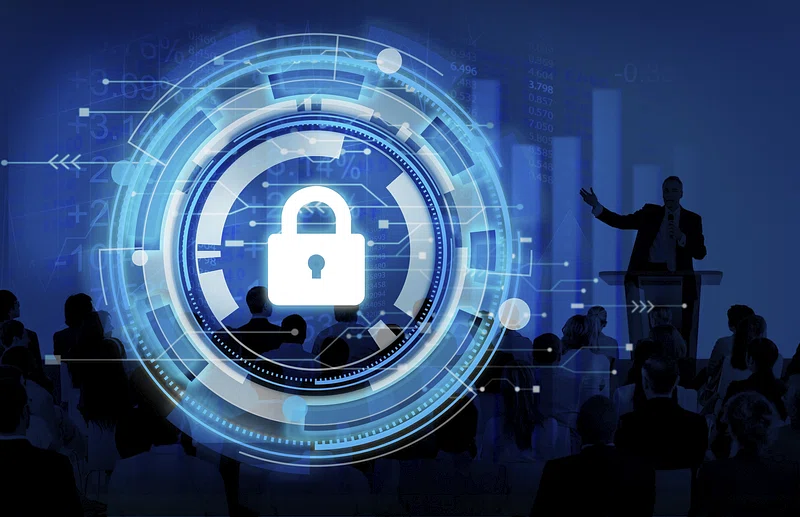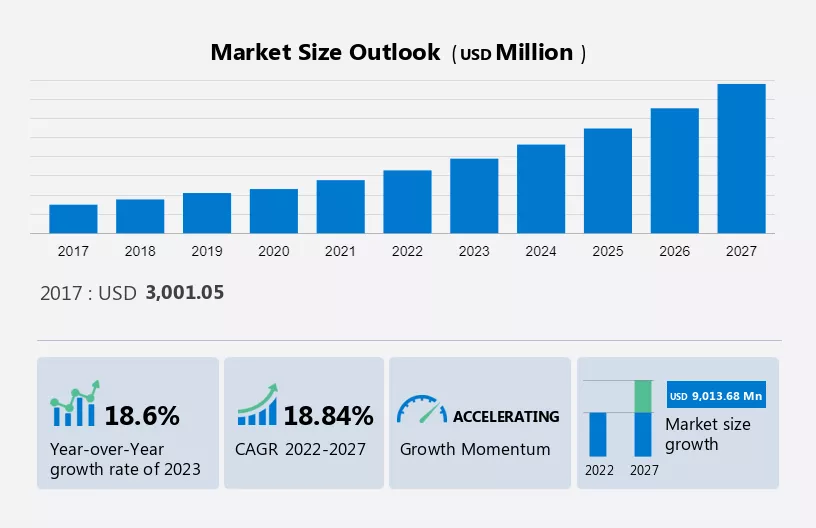Quantum Computing and Cryptography Implications for Data Security

Introduction
Hey there! Technology is constantly evolving and bringing exciting advancements to the digital world. One of the recent breakthroughs is quantum computing, which has the potential to revolutionize multiple industries. By utilizing the principles of quantum mechanics, quantum computing can perform complex calculations and solve problems exponentially faster than classical computers. It’s pretty mind-blowing!
However here’s the thing: as the number of cyber-attacks continues to rise, quantum computing can be a game-changer in the fight against cybercrime. However, it also poses a potential threat to the security of small organizations and individuals. That’s why businesses are starting to implement quantum-safe cybersecurity solutions, which provide strategies to manage risks and harness the power of quantum mechanics. Have you thought about adopting such a solution yet? It’s definitely worth considering!
In this article, we’ll dive into how quantum computing not only enhances security but also has the potential to outsmart its own security measures if not used ethically. We’ll explore the applications of quantum computing in cybersecurity and discuss the possible threats it poses to data security. So, let’s get started!
What Are the Applications of Quantum Computing in Cybersecurity?
Quantum Cryptography
Let’s talk about one of the traditional applications of quantum computing: quantum cryptography. In the past, traditional encryption methods relied on mathematical algorithms but these can be easily broken by quantum computers. Quantum cryptography, however, renders those traditional methods useless.
So, how does it work? Quantum cryptography builds a secure communication bridge between two parties using the principles of quantum mechanics. It employs qubits to transmit information securely and any attempt to intercept the information can be detected by measuring changes in the states of the qubits. It’s like having an invisible shield around your data!
Post-Quantum Cryptography
While quantum cryptography has provided a solution for secure encryption, there’s another aspect we need to consider: post-quantum cryptography. As a business leader, it’s important to be prepared for this transition and start strategizing the implementation of quantum computing software that can manage security and provide quantum mechanic solutions. It’s all about staying one step ahead!
Although, how does quantum computing impact data security? Let’s explore that next.
How Does Quantum Computing Impact Data Security?
According to Verizon’s 2021 Data Breach Report, a whopping 85% of cyber-attacks caused by hacking involve brute force or the use of lost/stolen credentials. Get this: cybercrime costs the global economy nearly $450 billion every year. It’s a huge problem!
On the one hand, quantum mechanics can speed up cryptographic tasks and offer more robust encryption algorithms, which is great for security. On the other hand, it poses a threat to current encryption schemes. You see, quantum computing has the potential to quickly solve complex mathematical problems that many encryption algorithms rely on. It’s like a super-powered code breaker!
This raises concerns about the vulnerability of sensitive data that’s currently protected by conventional encryption methods. Don’t worry, researchers are actively developing post-quantum cryptographic algorithms that can withstand attacks from powerful quantum computers. Their goal is to ensure data security in the age of quantum computing. It’s like building an unbreakable fortress for your data!
Now that we understand how quantum computing impacts data security, let’s dive into the potential risks it poses. Brace yourself because it’s a bit scary!
What Are the Potential Risks of Quantum Computing on Data Security?
Well, there a quite a few! Here are some of the risks highlighting the vulnerabilities and challenges that need to be addressed to protect sensitive information.
Threat One: Vulnerable Blockchain Technology
Here’s a shocking fact: a recent report reveals that 25% of all bitcoins in circulation and 65% of ether with tokens in the Ethereum network reside in addresses with public keys published on the blockchain. Guess what? Those keys can be stolen with the help of quantum software and sufficient resources. It’s like a digital heist waiting to happen!
Since blockchain technology relies on public-key cryptography, hundreds of billions of dollars’ worth of cryptocurrencies are at stake. That’s why it’s crucial to find quantum-safe solutions to protect these valuable assets.
Threat Two: Harvest Now, Decrypt Later
Imagine this: over 50.2% of professionals believe that organizations are at risk of Harvest Now, Decrypt Later (HNDL) cybersecurity attacks. These attacks involve collecting encrypted data with the expectation that it can be decrypted later when quantum computing reaches a level of maturity where widely used algorithms like RSA become obsolete. It’s like stealing a locked vault and waiting for the perfect moment to crack it open!
HNDL poses risks to various enterprises, including banks, intelligence agencies and even military capabilities. Even if enterprises don’t adopt quantum computing, they will still be vulnerable in a post-quantum era. It’s a game of cat and mouse with cybercriminals!
Threat Three: Asymmetric Cryptography
Here’s another worrisome fact: the Global Quantum Computing Market is expected to grow by a staggering USD 9,013.68 million from 2022 to 2027. With quantum computers becoming mainstream, asymmetric encryption methods such as RSA, Diffie-Hellman (DH) and Elliptic Curve Cryptography (ECC) have become unsafe. It’s like leaving the front door wide open for cybercriminals!

Alt Text: Quantum Computing Growth Over the Years
This poses a quantum threat because the world’s current data is protected by asymmetric cryptography algorithms that will soon become vulnerable. It’s like a ticking time bomb for global digital security. Don’t panic just yet!
Is there a way to secure data even with Quantum Computing? You bet there is! The National Institute of Standards and Technology (NIST) started standardizing quantum-safe algorithms in 2016. However, it’s unlikely that a single quantum-safe algorithm suitable for all applications will emerge. It’s a work in progress!
Quantum-Safe Cryptography
Researchers and cryptographers have been hard at work developing new cryptographic algorithms that are resistant to attacks from quantum computers. These algorithms are designed to provide the same level of security as existing cryptographic systems but with different mathematical foundations that are believed to resist quantum attacks. It’s like creating an uncrackable lock for your data!
Recently, at IBM’s Think 2023 conference, IBM made an exciting announcement: IBM Quantum Safe! Their researchers and partners have been developing quantum-safe remediation algorithms to embrace the future of quantum computing while safeguarding against its disruptive nature. It’s like having a secret weapon against quantum threats! This Quantum Computing Software helps enterprises and governments discover and replace cryptographic algorithms with new, secure, quantum-safe ones. It’s like having a superhero on your side to protect your data!

Furthermore, we have listed down the top five Quantum Computing Software that provides quantum mechanical capabilities and resolves complex challenges.
To Sum Up
Phew! That was quite a journey exploring the implications of quantum computing on data security. The field of quantum-safe cryptography is rapidly evolving and aims to ensure that cryptographic systems remain secure in the era of quantum computers. While quantum computers have the potential to break traditional cryptographic algorithms, ongoing research and development in quantum-safe cryptography offer a path toward securing sensitive data in the quantum era. It’s like building an impenetrable fortress to safeguard your information!
The transition to quantum-safe cryptographic systems is crucial to ensure the long-term security of your valuable information. By embracing these advancements, we can navigate the ever-changing landscape of data security and protect our information from the computational power of quantum computing. Stay ahead of the game and keep your data safe!






